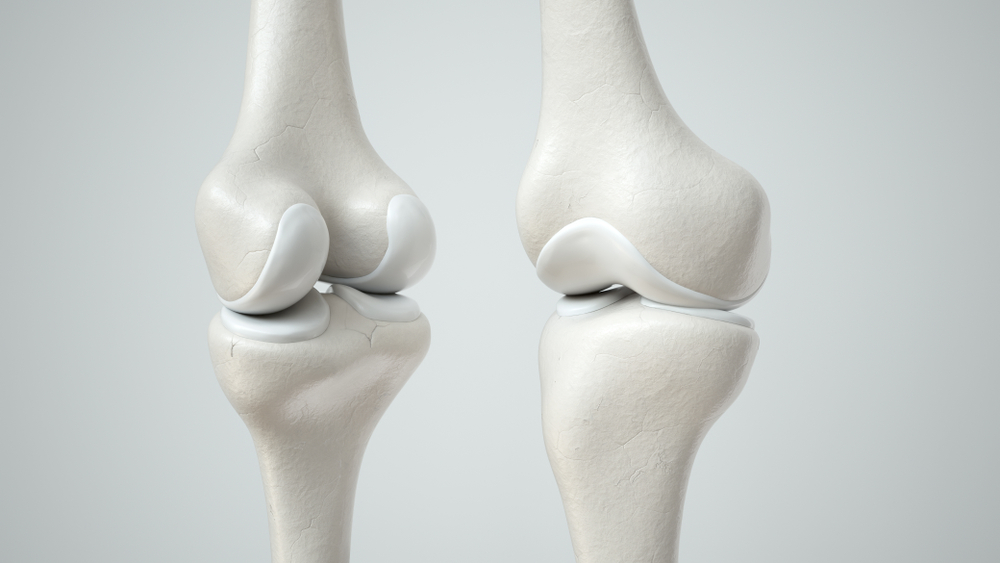We give you 7 no-fail ways to keep your bones strong and healthy By Deepa Desa
Food for thought: They say your habits and lifestyle when you are younger will determine how and to what extent your body ages. Basically, if you were a bit of a wild child (read); drinking smoking, starving yourself skinny, or not eating the right nutrients, – the bad news is that you run a higher risk of weak bones and osteoporosis by the onset of age 50.
Bone health does in any case, decline post 30 years and once women hit menopause this is accelerated. But all is not lost, and you can still regain and maintain bone strength and health by incorporating a few key changes in your daily lifestyle and diet.
So how do you know if your bones are at optimum health?
A bone-density test is a way to measure the strength of your bones. The test, called a DEXA scan, is a kind of X-ray.
The main reason to have the test is to find and treat serious bone loss. But most men, and women under age 65, probably don’t need the test
Most people have mild bone loss (called osteopenia). Their risk of breaking a bone is low so they don’t really need the test.
Who should get a bone scan?
Women should get a bone scan at age 65. Men age 70 and upwards may want to talk with their doctors about the risks and benefits before deciding. Younger women, and men ages 50 to 69, should consider the test if they have risk factors for serious bone loss.
To regain and maintain bone health, follow these 6 tips to combat bone loss and get yourself feeling fit and healthy:
- Bone up with Calcium
The bottom line is women up to age 50 and men up to age 70 need 1,000 milligrams daily; women over 50 and men over 70 should get 1,200 milligrams daily. According to a report from the Mayo Clinic (1), Calcium is best absorbed when it’s taken in smaller doses (typically less than 600 milligrams at one time). If you take 1,000 mg of calcium a day, split it into two or more doses over the day.
The ideal way to get calcium, like any nutrient, is from foods. Dairy products such as milk, cheese, and yogurt are the best and most obvious sources. One cup (220gms) of low-fat, plain yogurt contains 415 mg of calcium. A 200 ml glass of (non-fat) milk will provide you nearly 300 mg of calcium. Most cheeses are excellent sources of calcium. Parmesan cheese has the most, with 331 mg per (28 grams).
Getting much more than the recommended amount of calcium from food and supplements increase other risks, so it’s best to avoid taking too much. Calcium supplements can fill the nutritional gap but be aware that they can interact with many prescription medicines. If you still aren’t sure about the best time to take calcium supplements, check with your doctor.
- Vitamin D is vital
Optimal vitamin D intake is essential. It helps maintain normal calcium levels in the bones and aids in its absorption. Without enough vitamin D, women, could lose up to 4% of their skeletal mass per year!
You can get D from leafy greens and fortified dairy products, but the major source is sunlight, which triggers production of the vitamin in your skin.
- Eat your Veggies and Protein
Fruits and vegetables also have high levels of nutrients essential for skeletal health.
High calcium-rich produce include broccoli (180 mg/cup), cooked spinach (240 mg/cup), arugula (125 mg/cup), orange juice (300 mg/cup), kiwi (50 mg/cup) and dry figs (300 mg/cup).
Don’t forget your protein-Dairy, legumes, pulses, lean meats, fish, seeds, are excellent for bone health.
- Exercise
Being inactive makes your muscles and bones lose strength. This increases your risk of osteoporosis, falls and fractures.
People over 65 should get moderate intensity exercise every other day if possible.
Examples of moderate intensity activities include:
- walking
- water aerobics
- ballroom and line dancing
- riding a bike
You should also fit in some great activities to build muscle strength at least twice a week.
This could include:
- dancing
- going up and down stairs
- exercising to music
- lifting light weights
Yoga, Pilates, Tai Chi not only help balance and co-ordination, but they also ease stiffness and unsteadiness associated with painful joints.
You should also try to avoid sitting around for long periods. If you find you have been sitting for more than about 20 to 30 minutes, get up and go for a stroll.
- Don’t smoke
Smoking can increase bone loss. So, kick the butt and get stronger bones!
- Drink Alcohol Moderately
More than a drink a day for women or men over 65, or two drinks for men 65 or under, can speed bone loss.
- Maintain an appropriate body weight.
Being underweight increases the chance of bone loss and fractures. Excess weight is known to increase the risk of fractures in your arm and wrist. Keeping body weight in check is good for bones just as it is for health in general.
Don’t let your bones strain under the weight of negligent life choices, when you can set the spring back in them and live your life to the fullest!








